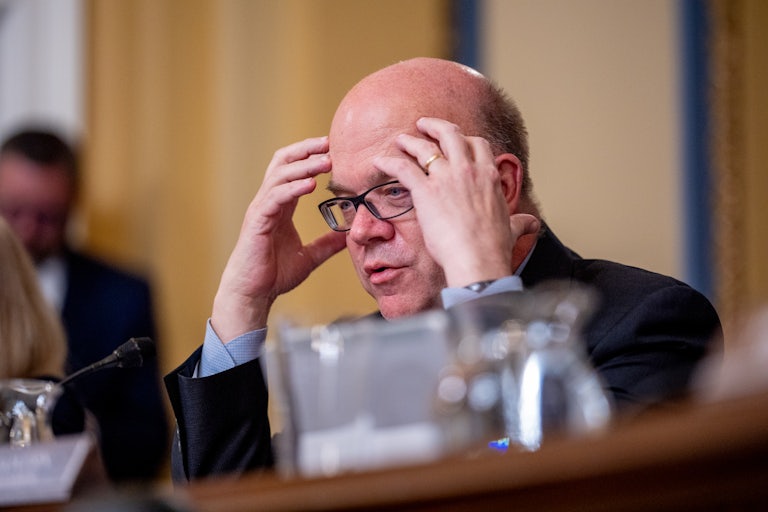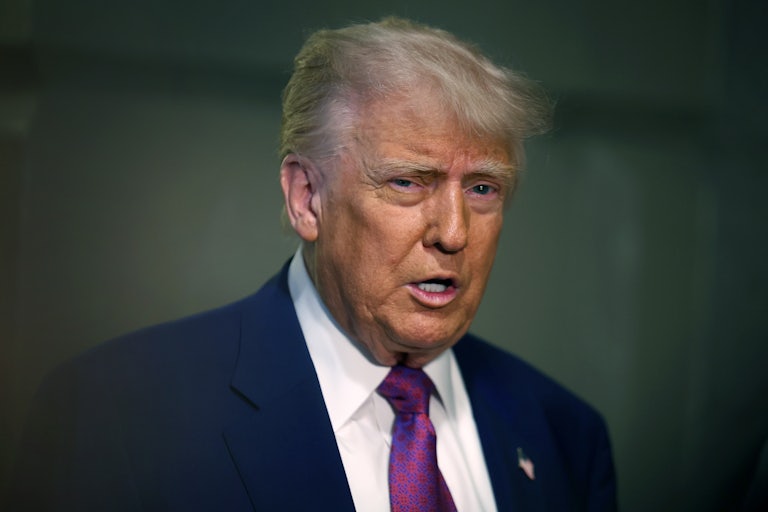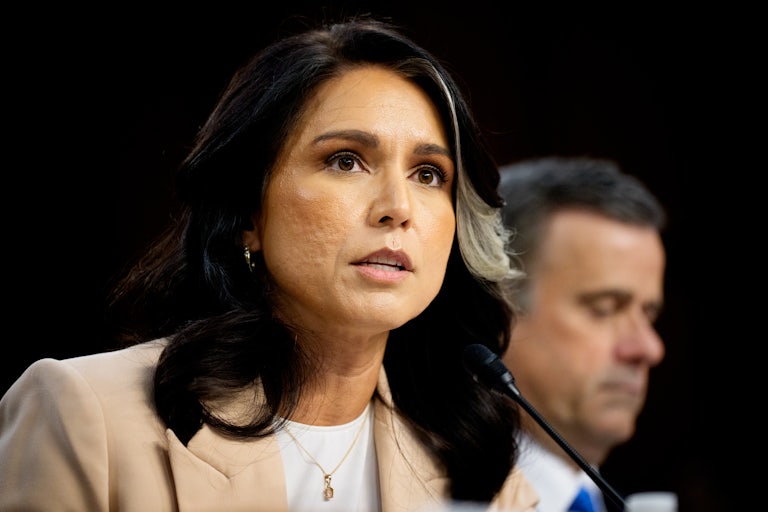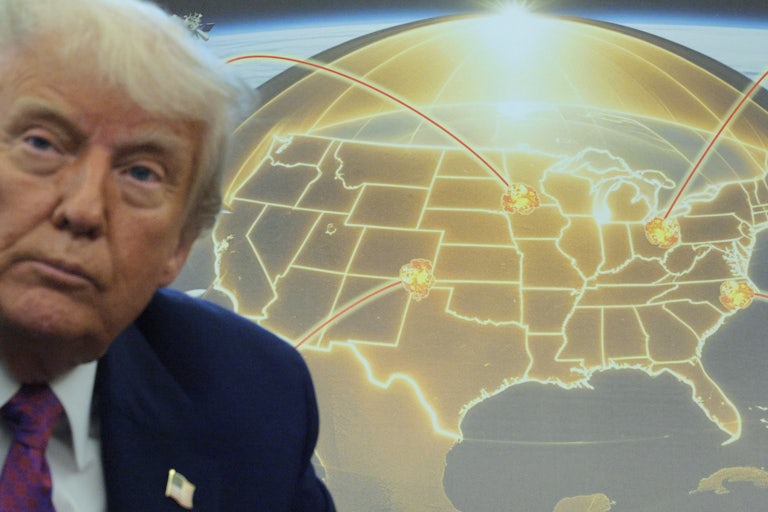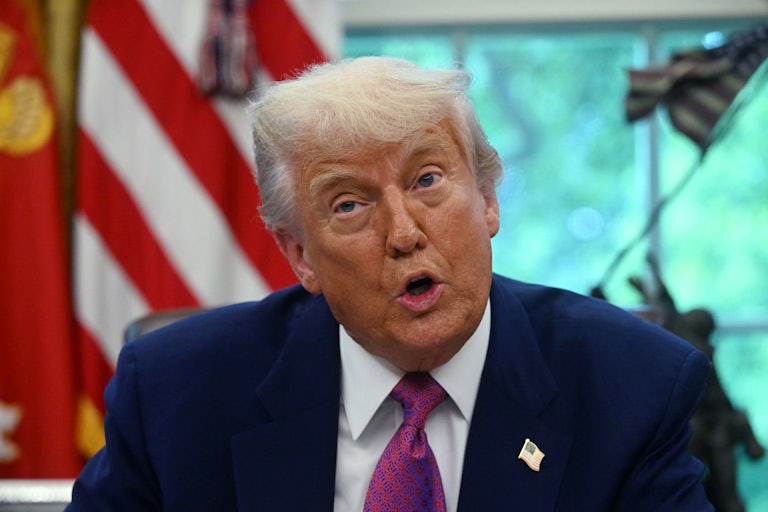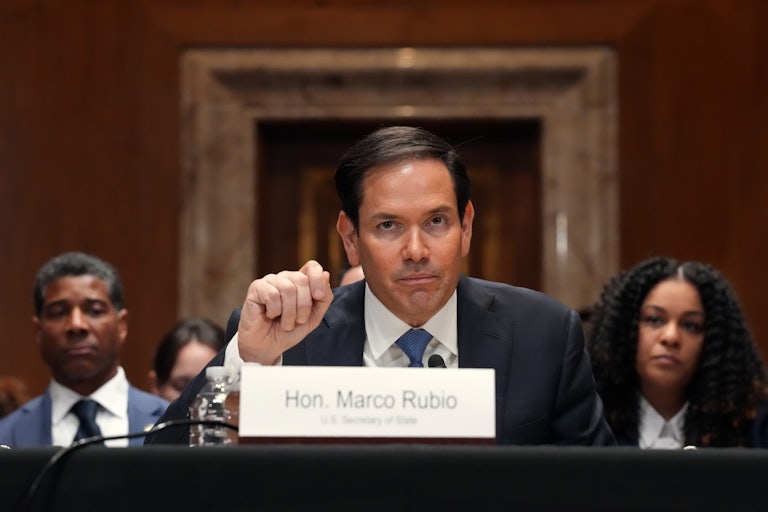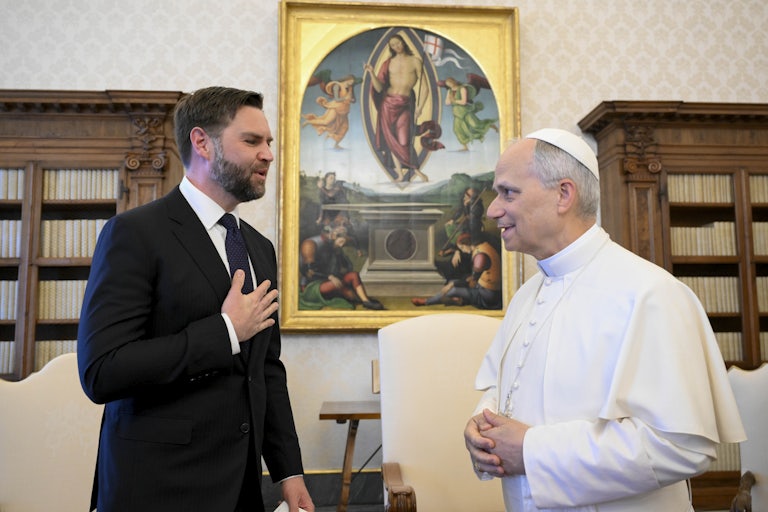DOGE Is Targeting Even More Agencies Than We Knew
Elon Musk’s agency is casting a much wider net for targets.
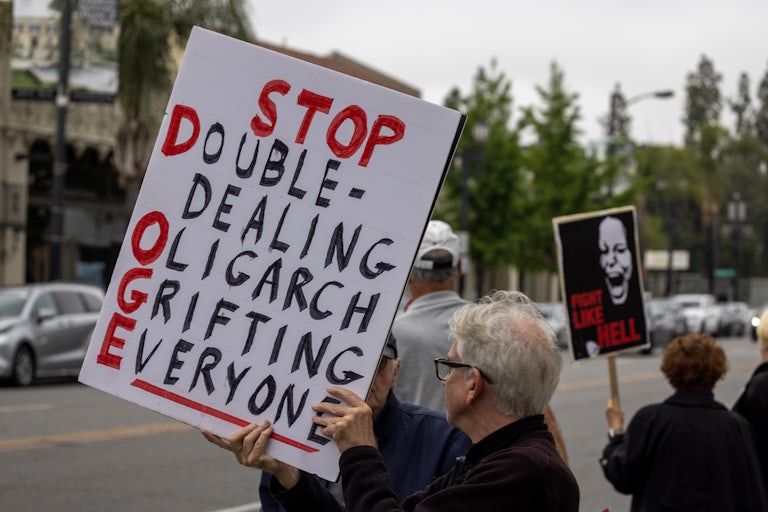
Elon Musk’s Department of Government Efficiency has attempted to expand its influence beyond agencies within the executive branch to distant corners of the federal government, and then some.
NPR reported Tuesday that it had identified nearly 40 organizations that DOGE had attempted to access—some of which were outside of the bounds of the federal government.
Employees at the Office of Government Accountability, or GAO, received a message from a DOGE staffer last week, asking to discuss having a team from Musk’s non-agency assigned to work with them. The offer was quickly rebuffed, as the GAO works for Congress, not the executive branch. It also happens to function as the investigative arm responsible for reporting on the president’s compliance with the Impoundment Control Act—which Donald Trump has repeatedly threatened to violate.
GAO wasn’t the only organization to push back against DOGE’s overreach. Late last month, Trump attempted to fire three board members at the Corporation for Public Broadcasting, an independent nonprofit that disburses taxpayer funds to public stations for educational and cultural programming, but the president’s request was denied.
Shortly after, Trump signed an executive order directing the CPB to stop allocating funds to PBS and NPR. The CPB disburses $535 million in taxpayer funds, an amount that is apportioned by Congress, placing the funding outside of Trump’s realm of control. But the Trump administration wasn’t done: A message arrived with the other two board members from DOGE asking to discuss bringing in a team of cost-cutters.
Crucially, CPB is not part of the executive branch or even the federal government. And funnily enough, DOGE didn’t even send its request to the right email addresses.
Other nongovernmental organizations where DOGE attempted to assign teams include Legal Services Corporation, a nonprofit established by Congress in 1974 that funds 130 legal aid organizations, and NeighborWorks America, which provides grants, training, and assistance to community development groups and was created by Congress in 1978.
The laws creating those organizations state that “the corporation shall not be considered a department, agency, or instrumentality of the Federal Government.”
DOGE also reached out to the Vera Institute of Justice, a private nonprofit that was not created by Congress.
